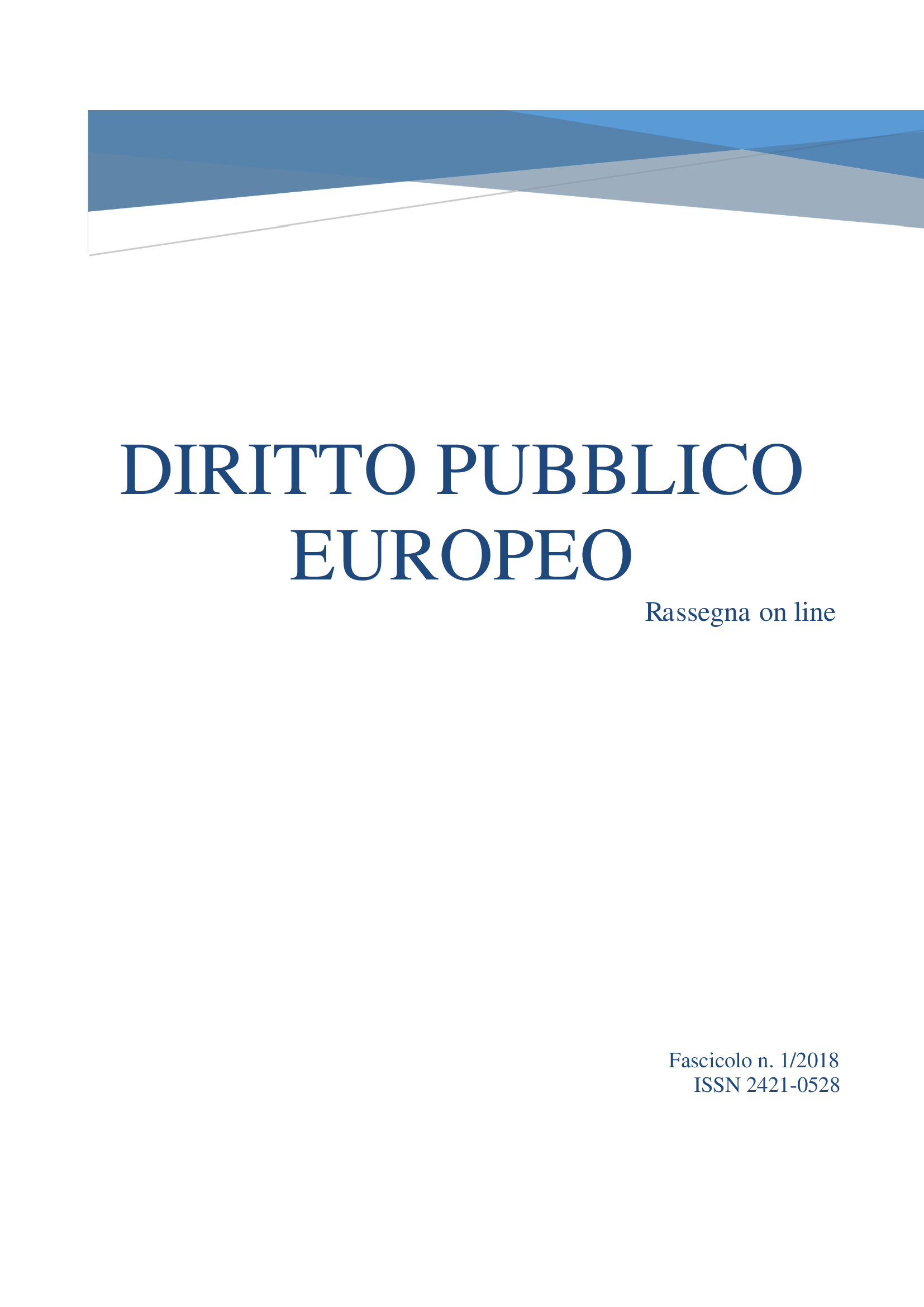Spunti critici sulla nuova supervision accentrata delle banche dell'eurozona
DOI:
https://doi.org/10.6092/2421-0528/6419Keywords:
supervision, unione europea, governanceAbstract
The article, moving from the evolution of the prudential supervision of banks operating in the Union, focuses on the reasons for the recent transition from a mechanism of fragmented "harmonized" supervision to the new supervisory system, as a structural response of the Union to break the 2008 global financial crisis; to then dwell on both the features characterizing the new Single Supervisory Mechanism (SSM) referred to in EU Regulation No. 1024/13, having particular regard to the centralizing torsion of the prudential supervision function, where the tendency of the ECB is achieved marginalization of National supervisory Authorities; both on the supervisory relationship between EBC and National supervisory Authorities, with particular reference to procedural, para-judicial and judicial aspects. Finally, it focuses on the first critical issues of the SSM emerged in the application and jurisprudence, which seem to offer a number of food for thought both on the presumably destabilizing effects on the precarious post-crisis systemic balance resulting from this uncertain run-in phase of the new regulation, both on the possibility of any corrections.


